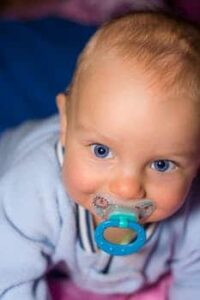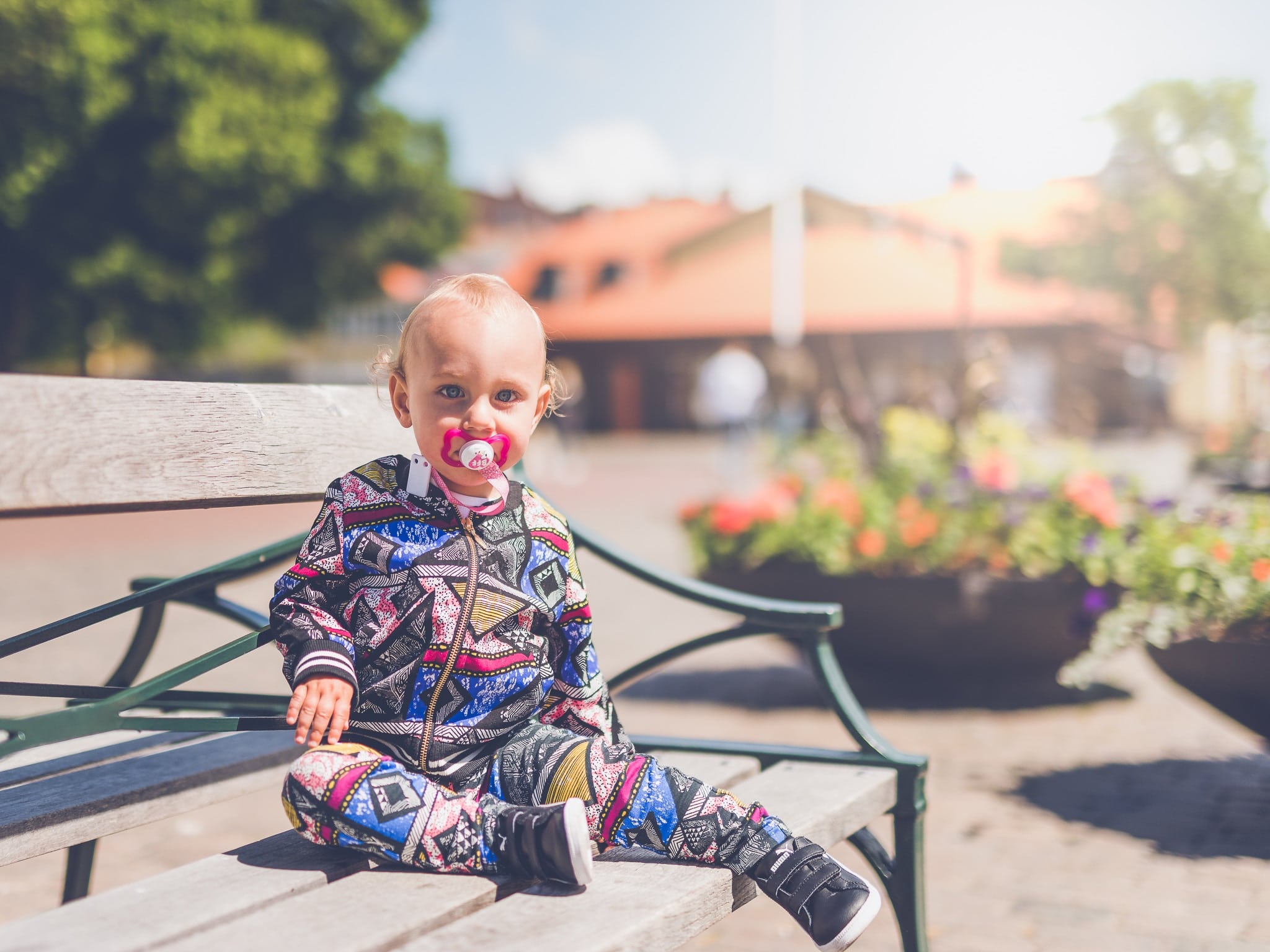Many parents ask, “Do pacifiers affect babies’ teeth?” Pacifiers can provide babies with a soothing sensation, which keeps them content and provides a feeling of relaxation. However, frequent pacifier use may cause dental issues and complications as teeth develop. Our team at Smiles By Lorino will educate you on how it’s possible to give your baby a pacifier and avoid the problems it may cause.
What Are The Benefits Of Pacifiers?
Any parent who has seen a baby content with a pacifier doesn’t doubt the benefits of its use. In fact, pediatric research shows that pacifier use in very young babies shouldn’t be discouraged, and the American Academy of Pediatric Dentistry advises that pacifiers are preferred over the habit of thumb-sucking. Pacifiers for babies have the power to provide pain relief, relaxation, and comfort whenever necessary. Doctors publishing with the American Academy of Family Physicians explain that pacifiers actually have a positive influence on kids between one and six months old. Children who use pacifiers have shown to have a reduced risk of sudden infant death syndrome.
What Are Pacifier Teeth?
Pacifier teeth is a condition that may occur as a result of extended pacifier use. A baby’s mouth and teeth begin forming in the womb and continue to grow throughout childhood. Any object held in an infant’s mouth for long periods during this important time can affect tooth positioning and dental development. According to the AAPD and American Dental Association, the dental effects of frequent pacifier use include:
- Crooked teeth
- Problems with jaw alignment
- Protruding front teeth
- Changes to the roof of the mouth
What Age Should My Baby Stop Using A Pacifier?
Parents can avoid the risks of their baby developing pacifier teeth by weaning their baby away from the pacifier by age two. By this age, some dental effects may be seen, but the greatest changes appear in children older than four years. Pacifiers have also shown to increase the risk of ear infections in babies older than six months.
What Are The Effects Of Pacifiers On A Babies’ Teeth?

How Do I Stop My Baby From Using A Pacifier?
At Smiles By Lorino, we understand that encouragement and praise are the best tools for breaking a pacifier habit. Praising your baby for not using a pacifier, and providing a reward can create a sense of motivation to stop. If children use pacifiers when feeling anxious, try avoiding stressful situations and offering cuddles and other comforts. For young babies who need some extra soothing at times, pacifiers provide the perfect feeling of reassurance. As long as pacifier use doesn’t become frequent, there is no risk of developing pacifier teeth.
Finding Out How Pacifiers Affect A Babies’ Teeth In Franklin Lakes NJ
Dr. Lorino and our team at Smiles By Lorino are experienced in all forms of dentistry. We are here to answer any questions or concerns you may have regarding your baby’s teeth or how pacifiers affect a babies’ teeth in Franklin Lakes NJ, Long Hill NJ, Belleville NJ, and Wayne NJ. Contact Smiles By Lorino today to schedule a free consultation. Call now (201) 891-7400.


